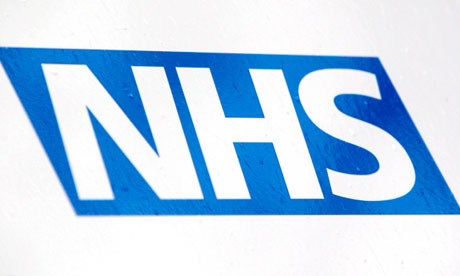NHS faces unexpected £500m cuts, say hospitals
Hospital trusts say frontline services are threatened by cuts on top of anticipated £1bn fall in funding
The NHS faces unexpected cuts of £500m that threaten frontline services, according to a body that represents hospital trusts.
Despite the government’s pledge to protect frontline services with real-terms increases in funding, Monitor, the NHS watchdog, has proposed that in 2014-15 hospitals should be paid 4% less for operations than they were the previous year.
While hospitals were braced for a cut of about £1bn in funding, the Foundation Trust Network, which represents all 160 hospital trusts in England, calculates that Monitor is now asking for another £500m in savings – roughly £3m from each trust.
Chris Hopson, chief executive of the Foundation Trust Network, said cuts to frontline services would be deeper than expected and questioned whether the NHS could invest in much needed changes to the way hospital services work, recommended by the Francis report into failings at Mid Staffordshire NHS Trust.
He warned that hospitals were facing a “quadruple whammy” of “implementing the Francis report’s recommendations on quality such as improving staff-to-patient ratios, putting seven-day working in place, coping with increasing demand and investing in much needed change”.
“The level of efficiency savings the NHS has delivered over the last three years is unprecedented, but this level of performance cannot be sustained year on year till 2021. We need a reality check here – in the end you get what you pay for, and trusts can’t perform miracles out of thin air.”
Officials at Monitor were unrepentant, saying the forcing of hospitals to charge less for operations would free more money for clinical commissioning groups – clumps of GPs who purchase care on behalf of patients – to spend on the public.
However, Labour said it was another example of how the coalition’s reforms were silently squeezing the NHS.

